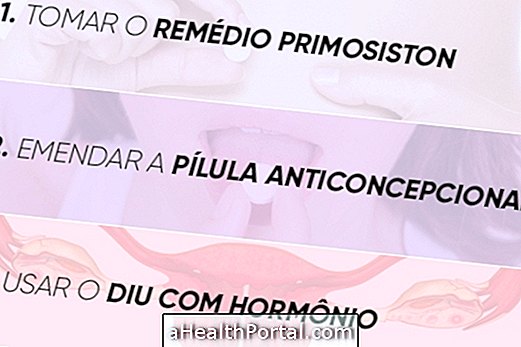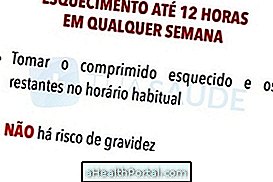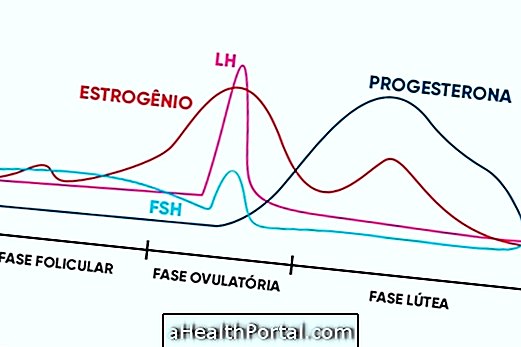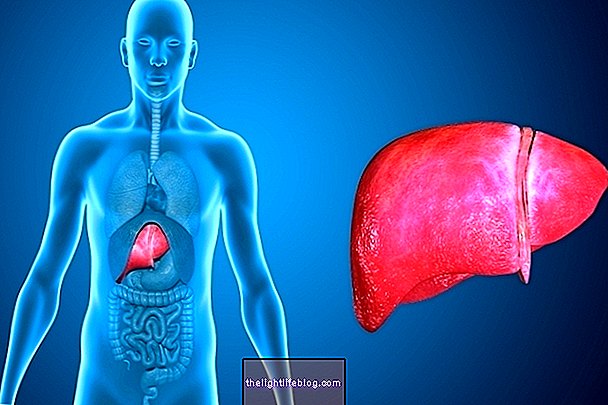Some remedies can cut or reduce the effect of the pill by lowering the hormone concentration in the woman's bloodstream, increasing the risk of unwanted pregnancy.
Check out a list of remedies that can cut or decrease the effectiveness of the contraceptive pill and the morning-after pill, even when the contraceptive pill, injection, or patch is taken.
![]()
1. Antibiotics
Rifampin and Rifabutin are the antibiotics that cut the effect of the contraceptive pill and are generally used to fight tuberculosis, leprosy and meningitis. These drugs are enzyme inducers that increase the rate of metabolism of certain contraceptives, thus reducing the amount of hormones in the bloodstream.
However, other antibiotics can reduce the contraceptive effect because they can destroy the intestinal flora and cause diarrhea by reducing the absorption of hormones. If this happens it may be safer to use condoms during treatment with these medicines:
- Azithromycin;
- Ampicillin;
- Nitrofurantoin;
- Amoxicillin;
- Clarithromycin;
- Griseofulvin;
- Metronidazole;
- Ciprofloxacin;
- Doxycycline;
- Penicillin;
- Tetracycline;
- Cefazolin;
- Levofloxacin;
- Cephalexin;
- Clindamycin;
- Dapsone;
- Erythromycin;
- Isoniazid;
- Fosfomycin;
- Trimethoprim-sulfamethoxazole.
2. Other remedies
Remedies used to decrease or abolish seizures may also compromise the effectiveness of contraceptives in the form of tablets, such as:
- Phenobarbital;
- Primidone;
- Topiramate;
- Carbamazepine;
- Phenytoin;
- Hydantoin.
In addition to these drugs, HIV drugs such as Ritonavir and Nelfinavir also interact with contraceptives, reducing their efficacy, especially in prolonged treatments, and it is necessary to use a condom or IUD to avoid pregnancy.
3. Natural Remedies
Herbal remedies, popularly known as natural remedies also interfere with the effectiveness of the contraceptive pill. Some examples are:
- Saw palmetto has opposite action to testosterone and may interact with estrogens present in oral contraceptives.
- St. John's wort and Cimicrifuge are afraid because they alter the hormonal concentration in the bloodstream.
So, if you use any of these medicines, even if they are natural, you should use a condom in all relations, but continue taking the pill normally. The efficacy of the pill should come back on the 7th day after stopping using the drug that compromised its effectiveness.
Remedies that Do Not Cut the Effect of Contraceptive
Other medications that do not alter absorption or interact with contraceptives are:
- Dipyrone;
- Paracetamol;
- Ibuprofen;
- Diprospan;
- Decadron;
- Profenid;
- Acyclovir;
- Valaciclovir;
- Ketoconazole;
- Fluconazole;
- Miconazole;
- Nystatin.
Therefore, if you take any of these medicines you should not worry or adopt another contraceptive method while the treatment lasts.























